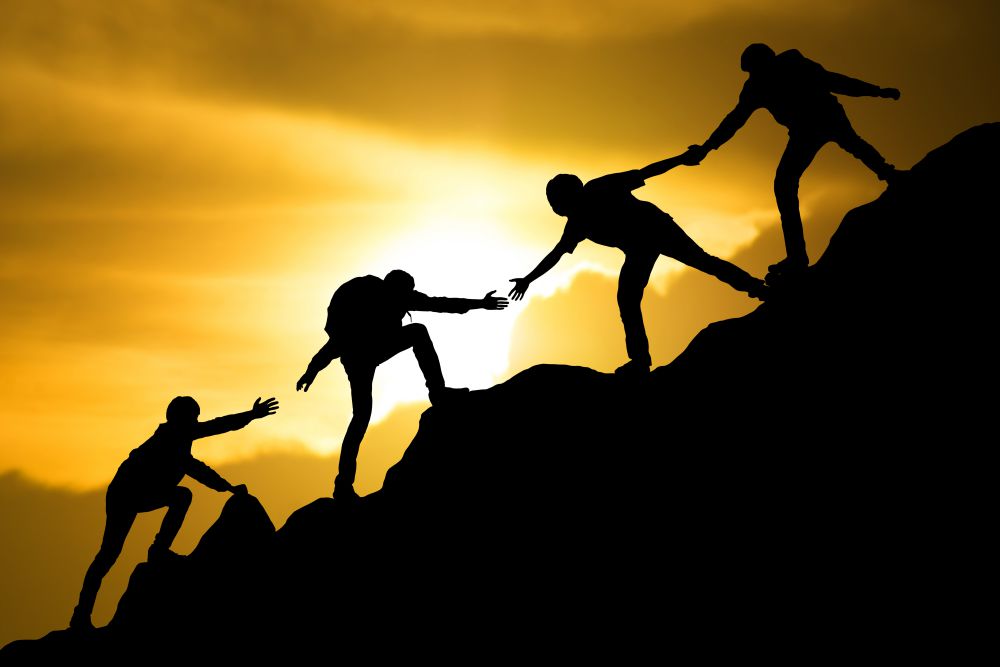
It Pays to Get Along

For a social species, humans are notoriously prone to unsocial behaviors. It’s a truth that’s led scholars to ask a deceptively simple question: How do we get people to get along? Reward? Punishment? A mix of the two?
A new study detailed in a paper co-authored by a UC Santa Barbara scholar finds that rewards generated in a social setting promote cooperation, provide positive reinforcement and avoid the inherent perils of punishment.
In “Endogenous Rewards Promote Cooperation,” published in the Proceedings of the National Academy of Sciences, Gary Charness, a professor of economics, and his co-authors report how a two-stage public-goods game (PGG) demonstrated the effectiveness of rewards in influencing behavior.
The study used a standard PGG in which each player in Phase 1 started with a set number of points and then decided how much to put in a public account and how much to keep in their own private account. It is individually rational to put nothing in the public account, but the group payoff is much greater if people contribute to it. People were taxed 20 percent of their earnings and the amount was assigned to a fund. The players then decided how much of their share of the fund they would distribute as rewards to the other members of the community, knowing their contributions.
In addition to promoting cooperation, the PGG achieved a 70 percent level of contribution with balanced-budget rewards, meaning no external funding was required. “You don’t need any contributions from the government,” said Charness, who studies experimental and behavioral economics. “You don’t need anything from anybody else. It’s self-sustaining, self-supporting.”
But the chief appeal of the rewards mechanism, he said, is that it removes punishment as a motivating component. Punitive measures have a number of disadvantages, the paper notes, including the destruction of society’s physical resources as well as its social capital.
Among economists, Charness said, “Punishment has been the thing for a number of years now. They showed that punishment is effective in getting a public goods contribution.” Punishment, however, “can have negative repercussions down the road, and you get poor relations among people. Reward is a much better way to go, I think. Instead of ripping apart the fabric of society, you’re trying to mend the fabric of society. And to me that’s what the society needs these days.”
The research, which Charness described as novel, suggests intriguing possibilities in real-world settings. “There are some practical difficulties, but it does seem to be something that could be implemented in a small enough group,” he said. “National level, I don’t know how you’d do it. But suppose you have some sort of a group and you want people to contribute, what you often do in these things is you can kick somebody out of a group if they don’t contribute. But suppose you couldn’t. Suppose you have a small town and you need money for a fire department and somebody doesn’t want to do it, and it’s going to some essential service, you can’t really exclude them from it. So they have to be part of it. If it’s a small enough group this can work. If it’s on the national level, things seem so corrupt and there’s so little trust about the way the national government operates I don’t know that we can get there.”
The other co-authors of the paper are Chun-lei Yang of Nanjing Audit University, Boyu Zhang of Beijing Normal University, Cong Li of Johns Hopkins University and Jaimie Lien of The Chinese University of Hong Kong.



